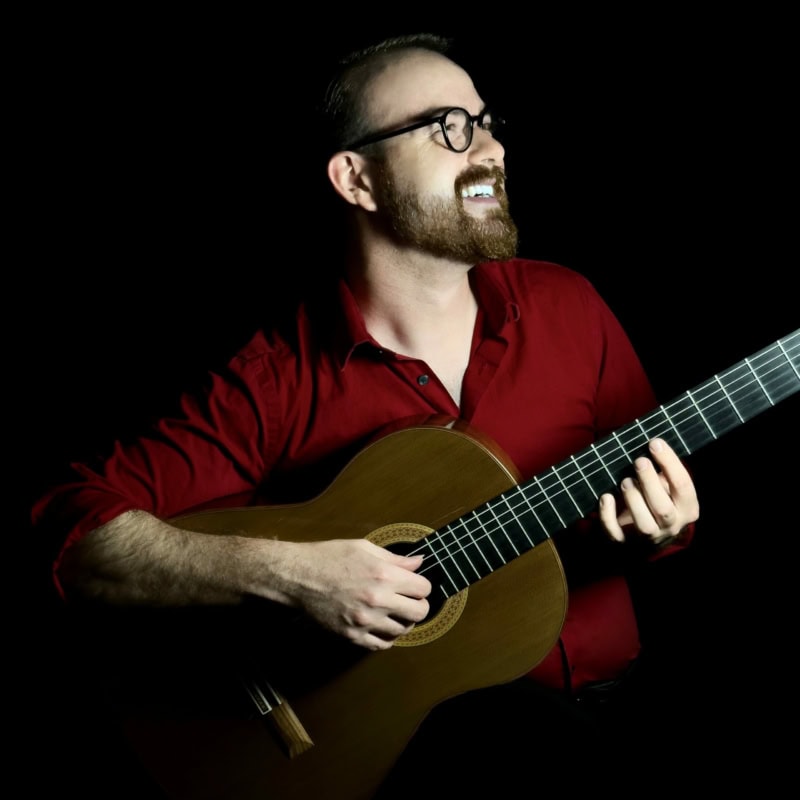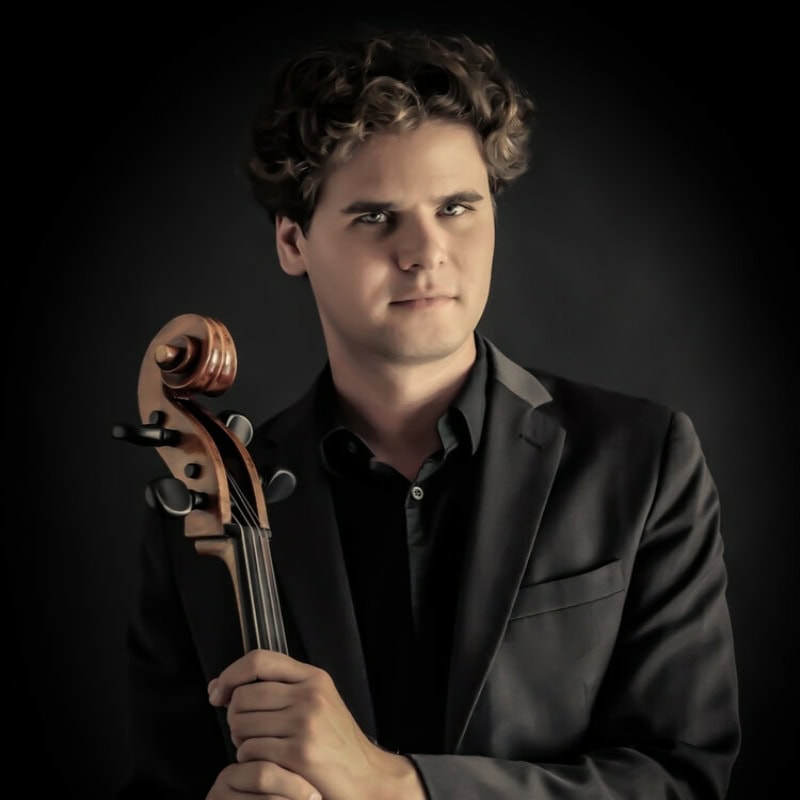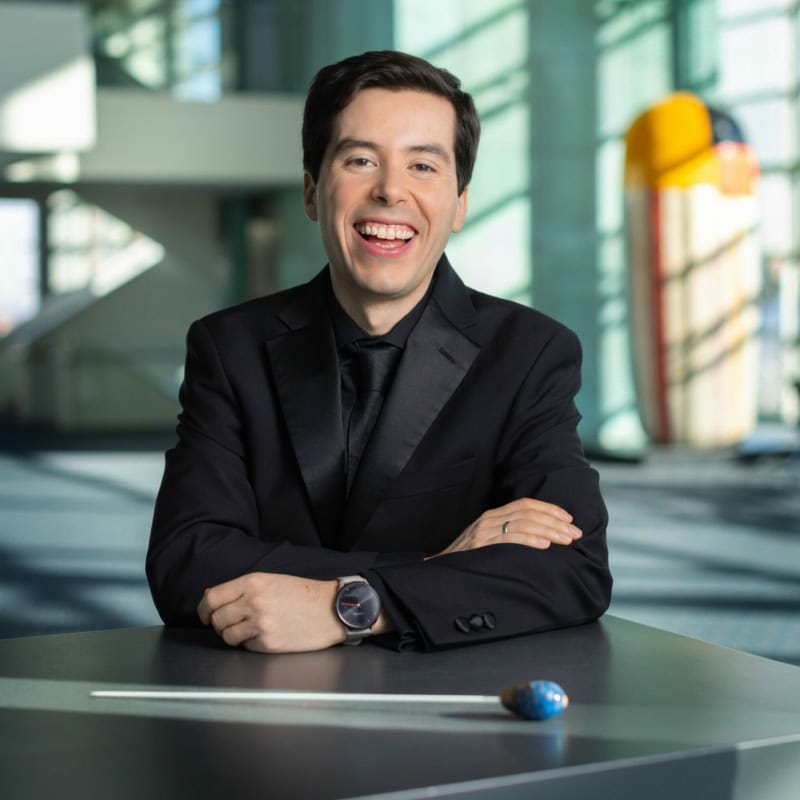Nov. 23-24, 2024
Please click here for 2024 Strings, Harp and Guitar Competition results.
Registration:
Due Date: Sunday, November 10
- Performers must complete the application and submit the registration fee in order to perform.
- Performers must be Arizona residents.
- Performers must be in grades 7 through 12, no younger than 13 (acceptable if student is turning 13 within the school year) and no older than 18 years of age.
- Early submission is advised. It is possible that all available slots for performers will be filled before the end of the application submission period. If all slots are filled before the end of the application submission process, please email competition@azmusicfest.org to be placed on a waiting list.
- No application refunds will be given in the event of performer withdrawal.
Dates & Times:
- The Competition will be held on November 23-24, 2024.
- The times in the table below are the estimated window for each division. We ask families to please reserve the entire duration of the competition until performers receive their exact timeslot.
- Divisions may begin earlier or later depending on the number of entrants.
- .Performers will be notified of their exact timeslot the week following the application due date
- Performers may perform only during their division’s window.
- Performers will be assigned an arrival time that is before their scheduled warm-up time.
| Division | Date | Estimated Window
(exact times TBA) |
| I (Grades 7 & 8) | Saturday, November 23, 2024 | 9am-1pm |
| II (Grades 9 & 10) | Saturday, November 23, 2024 | 1pm-5pm |
| III (Grades 11 & 12) | Sunday, November 24, 2024 | 1pm-6pm |
Divisions:
| Division | Number of Pieces | Warm-Up Duration | Performance Duration |
| I (Grades 7 & 8) | 1 or 2 | 5 minutes | 7 minutes |
| II (Grades 9 & 10) | 1 or 2 | 10 minutes | 12 minutes |
| III (Grades 11 & 12) | 2 | 10 minutes | 12 minutes |
Location:
- The competition will be held at Arizona Musicfest: 7950 E Thompson Peak Pkwy. Scottsdale, AZ 85255.
Music:
- Music must be standard solo literature from the Baroque, Classical, Romantic, Modernist, or Contemporary periods.
- Simplified versions & transcriptions are not accepted.
- Multiple movements from a work may be entered as one selection.
- If the performer’s piece(s) exceed the length of the allotted competition time, please note the judges may stop a performance in order to stay on schedule, with no penalty to the performer.
- Music must be memorized.
- Accompanied pieces must be performed with an accompanist.
- Performers are responsible for arranging their own accompanist. If assistance finding an accompanist is needed, please email competition@azmusicfest.org.
- Performers must provide three total copies of their score(s):
- Scores should not have markings that would indicate the performer or teacher’s identities.
- Score(s) must have measures numbered and cuts marked (if any) so the judges can use them as a reference during the performance.
- Scores will be checked at the Welcome Table for the above requirements and will be returned directly after the performance.
Prizes:
- Up to three performers from each Division may be awarded cash prizes in the amounts detailed below.
- Awarded performers will be invited to perform in the Young Musicians Concert Series in the MIM Music Theater.
- Awarded performers may receive additional performance opportunities as they become available.
| Division | First Prize | Second Prize | Third Prize |
| I (Grades 7 & 8) | $200 | $100 | $50 |
| II (Grades 9 & 10) | $350 | $200 | $100 |
| III (Grades 11 & 12) | $450 | $350 | $200 |
Adjudication:
- Judges will stop performers if their performance exceeds the competition time limits. There is no penalty if a performer is stopped for this reason.
- Prizes are awarded at the end of each division to performers who display the highest level of artistic excellence.
- Judges may elect to award Honorable Mentions to performers demonstrating high levels of artistry in their performances.
- Judges have the option to withhold prizes.
- All teachers will receive judges’ comments within a week of the adjudication date.
- Musicfest’s competitions do not have a prescribed scoring system, and thus require that all judges hear all the competition participants to allow for proper verbal deliberation and a fair outcome. Since selective recusal is not allowed, by agreeing to be on this jury panel, the judges agree that they will not submit their own students as competitors. Furthermore, performers are ineligible to participate if they or their principal teacher have a familial relationship with a judge.
Print This Information
Questions? Email competition@azmusicfest.org
Adjudication Panel

Derick Sears
A Guitarist from Buffalo NY, Derick Sears has reached far across the United States through his studies. An undergraduate degree in Buffalo NY was the home for many co-organized events such as the annual Woman of Guitar Festivals (2017-2020) and the 2019 Brouwer in Buffalo Composition Competition. This is where Derick gained many skills of music event management, grant writing and arts professionalism. Following his Undergraduate studies, at the height of the pandemic, Derick moved to Fullerton California and acquired a Masters in Music studying under Martha Masters. His time in California was culturally moving, acquiring experiences working in the Santa Ana School District and falling in love with the vast diversity of musical culture in the American Southwest. These experiences led him to a love and participation in Mariachi and other folk music traditions. Derick is currently studying his Doctorate at Arizona State University with Martha Masters where he is focused on expanding guitar literature and culturally relevant musical programming.
Derick has performed recitals from Buffalo NY to Orange County California and acquired Masterclasses with world renowned talents such as, Leo Brouwer, Pablo Sainz Villegas, Douglas Lora, Iliana Matos, Thomas Viloteau, Andrea Caballero and Luis Zea.

Dr. Theodore Buchholz
Theodore Buchholz is the cello professor at the University of Arizona, where he also serves as the String Area Coordinator, String Chamber Music Coordinator, and the Director of the University of Arizona String Project.
Critically acclaimed for his “eloquent and expressive artistry,” Theodore Buchholz has been lauded as a “virtuosic cellist” with a “warm beautiful sound.” He has performed in prominent venues from New York’s Lincoln Center to international halls in Tokyo, and in countless venues across the United States. His performances and recordings have aired on classical radio stations around the world. He performs on an exceptional cello made in 1877 by Charles Mennégand.
Buchholz’s album Afterglow: The Forgotten Works for Cello and Piano by Henry Hadley was released by Centaur Records in 2020. Earning the coveted five-star rating, Fanfare Magazine stated “Afterglow displays the composer’s rich harmonic language, and allows Buchholz to show off his impeccable phrasing during which he caresses each note. Its turns of phrase could simply not be more beautifully conceived and executed. Five stars: An exceptional recital of unjustly neglected music.” His recording of Hans Winterberg’s Cello Sonata was released under the Toccata label in 2018. Music for a Prince was released by Toccata Records in 2021, featuring the world premiere of works for cello by Lennox Berkeley, Arthur Bliss, and William Walton.
Dr. Buchholz’s current and former students perform in orchestras and chamber ensembles around the country and they teach in schools and private studios around the world. His students have received scholarships from competitive conservatories and have won awards in national chamber music and solo competitions. They have appeared on NPR’s From the Top, as soloists with orchestras, and at leading music festivals. Theodore Buchholz is the recipient of the Taubeneck Superior Teaching Award. In 2022, he received the Charles and Irene Putnam Award, the College’s most prestigious recognition of excellence in teaching.

Dr. Alejandro Gómez Guillén
Conductor and violinist Alejandro Gómez Guillén is passionate about sharing music in a way that is compelling, uplifting, and educational. Recently appointed Director of Orchestras at Arizona State University, he is currently in his second season as assistant conductor with Omaha Symphony, recently having taken part in the GRAMMY-nominated premiere production of Sculptures by composer Andy Akiho. He completed seven seasons as artistic director and conductor of Bloomington Symphony Orchestra, with which he led the world premiere of Mickey Tucker’s Spiritual Collage and the Indiana premiere of Florence Price’s Fourth Symphony. He also completed a successful tenure as associate conductor of Fort Worth Symphony Orchestra, leading multiple community classics, pops, outdoor, bilingual and educational concerts, including collaborations with artists such as Time for Three and mezzo-soprano Cecilia Duarte. Additionally, he is also music director of Sphere Ensemble which explores the intersection of masterpieces of string ensemble music of the past and present with a multitude of genres and world music masters.
An accomplished violinist, Alejandro enjoys leading concertos from the violin in recent and upcoming seasons. He served as concertmaster of Grand Junction Symphony Orchestra, Amherst Early Music Festival, and Junges Stuttgarter Bach Ensemble, with which he toured Germany and Italy including performances at Rheingau Music Festival and Berlin Philharmonie. He also returned to Oregon Bach Festival as a member of the Berwick Academy for Historical Performance.
Alejandro had a rich musical upbringing as a chorister and violinist in his native Colombia. Following a move to the United States he pursued a Bachelor of Music in violin performance from Texas Christian University and Master of Music degrees in conducting and violin performance from the University of Colorado at Boulder. He holds a DMA in orchestral conducting from the same institution, and his doctoral research includes a critical edition of Colombian composer Jorge H. Pinzón’s violin concerto Capricornius, and a guide using selected dances from Bach’s orchestral suites in their original form for developing orchestras through a historically-informed approach to playing on modern instruments. His mentors include Gary Lewis, Helmuth Rilling, Matthew Halls, and Mei-Ann Chen.